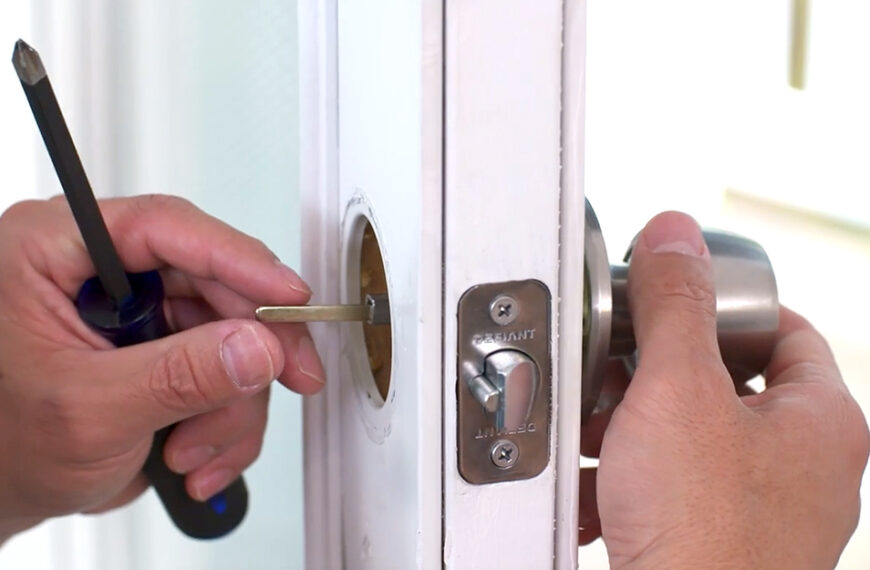Introduction
The NCV (Nerve Conduction Velocity) blood test is a diagnostic tool used to assess how well electrical signals travel through your nerves. While it’s not a traditional blood test (it’s actually an electrodiagnostic procedure), many people search for it as a “blood test” due to common misconceptions. This guide will clarify what an NCV test is, why it’s performed, how it works, and what to expect from the results.
Whether you’re experiencing numbness, tingling, or muscle weakness, or your doctor suspects nerve damage, understanding the NCV test can help you prepare and make informed health decisions.
What Is an NCV Test?
An NCV test (Nerve Conduction Velocity test) measures the speed and strength of electrical impulses moving through your peripheral nerves. These nerves connect your brain and spinal cord to the rest of your body.
Unlike a blood test, which analyzes blood components, an NCV test uses small electrodes placed on the skin to stimulate nerves and record their responses. This helps diagnose conditions like:
- Carpal tunnel syndrome
- Peripheral neuropathy (common in diabetes)
- Guillain-Barré syndrome
- Herniated disc-related nerve damage
- Chronic inflammatory demyelinating polyneuropathy (CIDP)
How Does It Differ from an EMG?
Many people confuse NCV with EMG (Electromyography), but they serve different purposes:
- NCV → Measures nerve signal speed.
- EMG → Assesses muscle response to nerve signals.
Often, doctors perform both tests together for a comprehensive nerve function evaluation.
Why Is an NCV Test Performed?
Your doctor may recommend an NCV test if you have symptoms like:
✔ Numbness or tingling in hands, feet, or limbs
✔ Muscle weakness without obvious cause
✔ Chronic pain from nerve compression
✔ Unexplained muscle atrophy
✔ History of diabetes or autoimmune disorders affecting nerves
Conditions Diagnosed by NCV Testing
| Condition | How NCV Helps |
|---|---|
| Carpal Tunnel Syndrome | Detects slowed nerve signals in the wrist |
| Diabetic Neuropathy | Identifies nerve damage from high blood sugar |
| Sciatica | Checks for nerve compression in the lower back |
| Multiple Sclerosis (MS) | Evaluates nerve demyelination |
How Is an NCV Test Done?
Before the Test
- Avoid lotions or oils on the skin.
- Inform your doctor if you have a pacemaker or bleeding disorder.
- No fasting is required (unlike a blood test).
During the Test
- Electrodes are placed on the skin over the nerve being tested.
- A mild electrical pulse is sent through the nerve.
- The response is recorded to measure speed (velocity) and strength.
The procedure is minimally invasive, though some patients feel a brief, mild shock.
After the Test
- No recovery time is needed.
- Results are typically available within a few days.
Interpreting NCV Test Results
Normal NCV Values
Nerve conduction speeds vary by nerve and age, but general ranges are:
- Arm nerves: 50–70 meters per second (m/s)
- Leg nerves: 40–60 m/s
Abnormal Results May Indicate:
- Slowed conduction (low velocity) → Nerve damage (e.g., neuropathy)
- No signal (blocked conduction) → Severe nerve compression
- Weak signal amplitude → Axonal degeneration
Your doctor will explain whether your results suggest:
- Demyelination (damage to nerve insulation)
- Axonopathy (nerve fiber damage)
NCV Test Cost and Insurance Coverage
The cost of an NCV test varies based on location and facility:
- Without insurance: 150–150–700 per limb tested
- With insurance: Typically covered if medically necessary (copay may apply)
Many neurologists and orthopedic specialists perform this test, and it’s often bundled with an EMG.
Frequently Asked Questions (FAQs)
1. Is an NCV test painful?
Most patients feel a mild, brief shock, but it’s generally well-tolerated.
2. How long does an NCV test take?
Between 15–60 minutes, depending on nerves tested.
3. Can an NCV test detect MS?
While not definitive, it helps assess nerve damage seen in MS.
4. Are there risks to an NCV test?
Extremely low risk—minor discomfort is the most common side effect.
Conclusion
The NCV blood test (more accurately, a nerve conduction study) is a vital diagnostic tool for detecting nerve damage, compression, or dysfunction. Unlike traditional blood tests, it measures electrical signals in your nerves to diagnose conditions like carpal tunnel syndrome, diabetic neuropathy, and more.
If you’re experiencing nerve-related symptoms, consult a neurologist to determine if an NCV test is right for you. Early diagnosis can lead to better treatment outcomes and improved quality of life.














